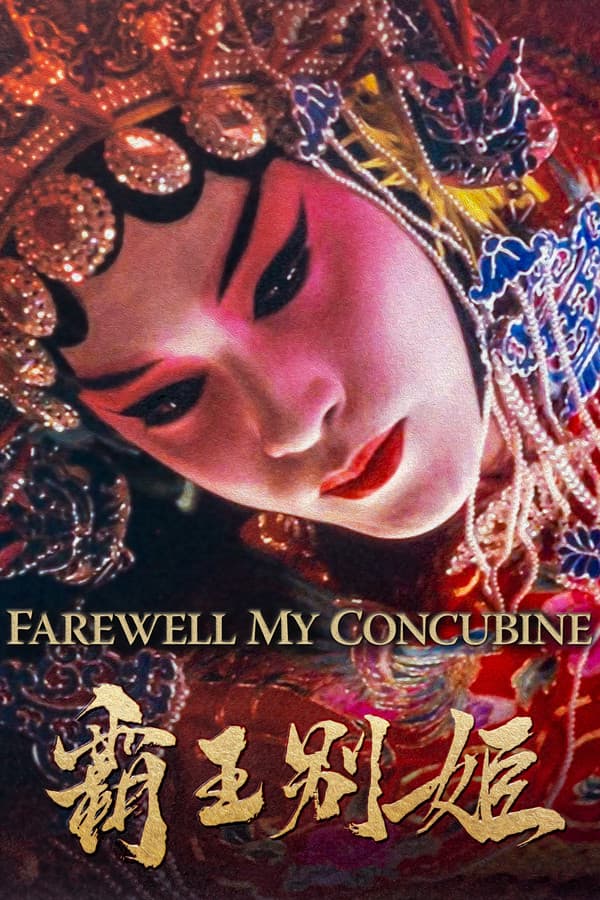
Farewell My Concubine
1993 • Drama • R
In an epic tale of theater, gender, love and class, two Beijing opera actors navigate political turmoil as their friendship evolves over decades.
Runtime: 2h 51m
Why you should read the novel
Experience the captivating story of Farewell My Concubine in its original form by reading Lilian Lee’s acclaimed novel. The book delves deeply into the lives of its characters, offering greater insight into their motivations and the historical context of Chinese opera. By turning to the source material, readers can fully appreciate the emotional depth and cultural richness that inspired the movie adaptation.
Unlike the film, which is bound by time constraints and cinematic conventions, Lilian Lee’s Farewell My Concubine explores the nuanced inner worlds of Douzi and Shitou over decades. The novel provides a more textured and layered narrative, making it a must-read for fans of historical fiction and anyone interested in Chinese cultural history.
For those who truly wish to understand the heartache, loyalty, and political upheaval at the core of this story, reading Farewell My Concubine in novel form is essential. It paints a fuller picture of the characters’ struggles, offering readers the chance to immerse themselves in a literary masterpiece.
Adaptation differences
One of the main differences between the Farewell My Concubine novel and its film adaptation lies in narrative depth. The novel by Lilian Lee takes the time to explore the psychological complexities of its characters in more detail, offering expanded backstories and internal monologues that the movie can only hint at. This richer context enhances readers’ understanding of the characters’ emotional journeys.
Another significant difference is the treatment of historical and political events. While the film often condenses or stylizes the impact of various Chinese political movements, the book gives a more thorough account of the socio-political pressures that shape the protagonists’ lives. Readers of the novel get a closer look at how these events influence not just the main characters, but the entire world of Peking opera.
The adaptation also alters and sometimes omits key plot points for cinematic purposes. Certain events and supporting characters present in the novel are either excluded or changed in the movie, streamlining the story for audiences but sacrificing some of the book’s narrative richness and subtlety. This can lead to a different overall emotional impact between the two versions.
Finally, the endings have notable tonal differences. The film’s conclusion is designed for dramatic effect and visual symbolism, while the book’s ending offers more introspection and closure to its characters. By reading the novel, fans can gain a fuller understanding of the story’s intentions and the fate of its memorable protagonists.
Farewell My Concubine inspired from
Farewell My Concubine
by Lilian Lee










